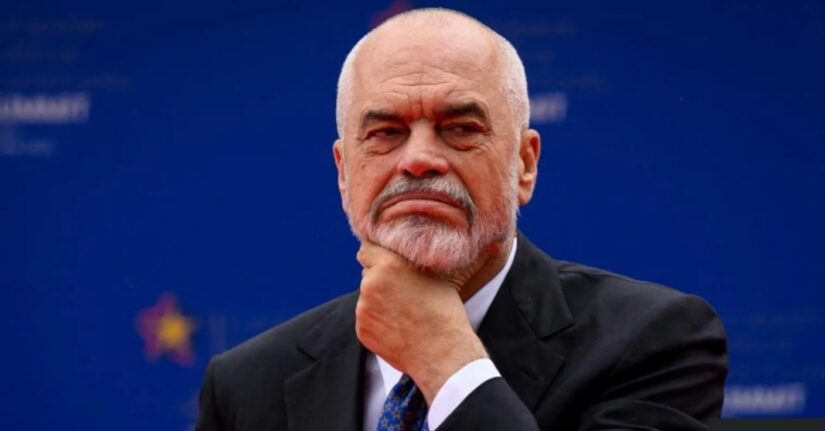
Crystal Charles
When Albania’s Prime Minister Edi Rama unveiled his newest “minister” on Thursday, September 11, it wasn’t a seasoned politician or a rising technocrat who stepped forward. Instead, it was Diella — an artificial intelligence system, presented as the world’s first AI minister.
Unlike her human colleagues, Diella has no political ambitions, no family connections, and no appetite for scandal. Her name, which means sun in Albanian, has become a symbol of Rama’s promise to shine light on one of the country’s darkest challenges: corruption in public procurement.
Rama insists the move is more than a publicity stunt. He described Diella as the “minister” for public procurement, responsible for ensuring that tenders are “100% free of corruption.” “We’re working with a brilliant team, not only Albanian but international, to come out with the first full AI model in public procurement,” Rama told Local Media on Thursday.
Yet Albania’s constitution makes it clear that only citizens aged at least 18 can serve as ministers, meaning Diella’s title is symbolic. Still, symbolism carries weight. Rama argues that the AI experiment will pressure his cabinet to adopt new, transparent ways of working.
Reactions to Diella’s appointment have poured in over the past two days.
On Thursday, September 11, shortly after the announcement, the opposition Democratic Party condemned the initiative as “ridiculous” and “unconstitutional,” accusing Rama of governing through theatrics rather than policy.
By Friday, September 12, business leaders began weighing in. Aneida Bajraktari Bicja, founder of Balkans Capital, said it was natural for people to wonder if the move was mere symbolism, given Rama’s style. However, she noted that if the “‘AI minister’ develops into real systems that improve transparency and trust in public procurement,” it could be constructive.
Experts have also reacted quickly. On Friday, Dr. Andi Hoxhaj of King’s College London pointed out that AI, if programmed correctly, could ensure companies meet tendering criteria transparently. He added that Albania’s push for EU accession by 2027 makes the fight against corruption critical, saying, “There’s a lot at stake.”
Diella is not entirely new to Albanian governance. Before being elevated to “minister,” she served as a virtual assistant on the e-Albania platform, guiding citizens through the process of obtaining official documents. Rama says the AI has already assisted over a million applications — evidence, he argues, of its potential to scale up.
For Rama, the AI appointment represents an attempt to leapfrog more developed nations still tied to “traditional ways of working.” But critics say Albania cannot automate its way out of deeply rooted political and institutional challenges.
Whether Diella proves to be a genuine tool for reform or merely a clever PR stunt remains to be seen. What is certain is that the announcement has reignited debate about how technology might reshape governance — and about how far leaders will go to blend innovation with showmanship.
As one Tirana resident quipped on Friday night via social media: “At least Diella won’t take bribes — unless someone finds a way to pay her in electricity.”

